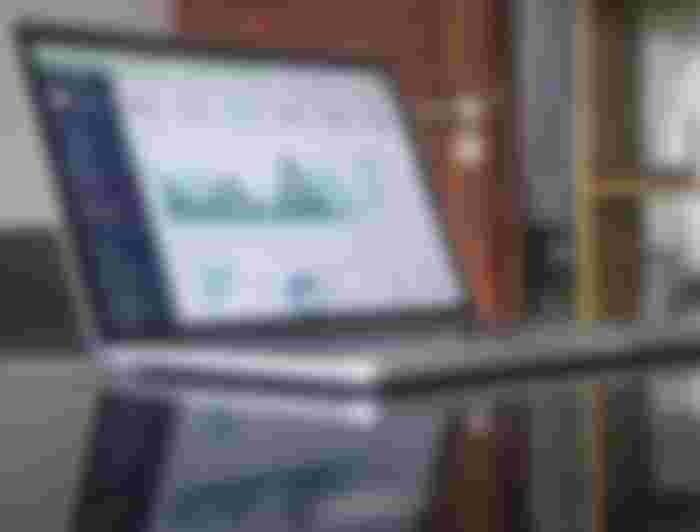The Pre-mechanical Age 3000 B.C. –1450 A.D.
Writing and alphabets for communication- the Greeks later adopted the Phoenician alphabet and added; the Romans gave the letters Latin names to create the alphabet we use today.
Paper and pens as input technologies
Books and libraries: Permanent storage devices
The first numbering systems
The first calculator: The ABACUS
The Mechanical Age 1450 - 1840
The first information explosion
The first general purpose ‘computers’
Punch card- idea picked up by Baggage from Joseph Marie Jacquard’s loom (1752-1834)
Binary logic
Fixed program that would operate in real time
The Electromechanical Age 1840-1940
The beginnings of Telecommunication
Voltaic battery (late 18th Century)
Telegraph (1800)
Morse code (1835, Samuel Morse)
Dots and dashes
Telephone and Radio
Electromechanical computing
Paper tape stored data and program instructions
The Electronic Age (1940 – Present)
Electronic vacuum tubes
The first high-speed, general-purpose computer using vacuum tubes
Electronic numerical integrator and computer (ENIAC)
The first stored-program computers
The first general-purpose computer for commercial use: Universal Automatic Computer (UNIVAC)
The four generations of digital computing
Microsoft
Apple II

Information and communication technologies (ICT) have been at the heart of economic changes for more than a decade. ICT sector plays an important role, notably by contributing to rapid technological progress and productivity growth. Firms use ICTs to organize transnational networks in response to international competition and the increasing need for strategic interaction. As a result, multinational firms are a primary vehicle of the ever-spreading process of globalization. New technologies and their implementation in productive activities are changing the economic structure and contributing to productivity increases in OECD economies. Economic competitiveness depends on productivity level and in the knowledge economy, ICT sectors determine the productivity level.

The ICT is really important especially today that we are conducting online classes. We must be literate from its past and history in order to cope with this newmode.well done